
Josef Frank
Josef Frank (1885–1967) was an Austrian-born architect, furniture designer, and textile artist who became a central figure in Swedish modernism. He is best known for his vividly patterned textiles and distinctive approach to furniture and interior design, which rejected strict functionalism in favor of a more humanistic, eclectic, and vibrant aesthetic. His work for Svenskt Tenn, a Swedish interior design company, helped define a uniquely colorful and warm version of Scandinavian modernism.
Frank was born in Baden, near Vienna, to a Jewish family. He studied architecture at the Vienna University of Technology and became deeply influenced by the Vienna Secession and Wiener Werkstätte movements. In the 1910s and 1920s, he emerged as a prominent voice in the modern housing movement, designing housing estates in Vienna based on socially progressive and rationalist principles.
However, Frank soon began to reject the cold, machine-like aesthetics of early modernism. Instead, he advocated for environments that embraced cultural references, personal comfort, and visual richness. He co-founded Haus & Garten in 1925 with Oskar Wlach and Walter Sobotka, a firm that combined furniture design, interiors, and architecture with this more human-centered philosophy.
Facing growing antisemitism in Austria during the 1930s, Frank emigrated to Sweden in 1933, where he formed a close partnership with Estrid Ericson, the founder of Svenskt Tenn. Frank’s arrival marked a turning point for the company, as he introduced a dynamic mix of historical references, global influences, and vibrant color palettes. His designs—often layered, asymmetrical, and richly patterned—stood in contrast to the pared-down style of functionalism that dominated Scandinavian design at the time.
Key characteristics of Josef Frank’s work include:
- Vibrant printed textiles, often inspired by nature, folklore, and exotic landscapes. Patterns like "Teheran," "Brazil," "Vegetable Tree," "Windows," and "Himalaya" remain in production today.
- Furniture with classical proportions, combined with unusual combinations of materials and playful silhouettes.
- Interior schemes based on comfort, color, and individuality, often layering different cultural and stylistic elements.
Throughout the 1930s to 1950s, Frank’s work was widely exhibited, including:
- Paris World’s Fair (1937)
- Golden Gate International Exposition, San Francisco (1939)
- Milan Triennale (various years)
- Exhibitions at Liljevalchs Konsthall and Nationalmuseum Stockholm, which helped establish his reputation in Sweden
- Numerous showcases at Svenskt Tenn's showroom on Strandvägen in Stockholm, which became a cultural landmark
Although not aligned with strict modernist ideology, Frank’s ideas gained renewed relevance in the postwar years, when designers began to seek a warmer, more personal alternative to industrial minimalism. His work also had a significant impact on the development of "Swedish Grace" and the broader Nordic movement that sought to balance tradition with innovation.
Frank continued to design well into his 80s. His final years were spent cataloguing his works and refining many of his early architectural ideas. He died in 1967, leaving behind a prolific body of work encompassing over 200 textile patterns, hundreds of furniture designs, and a range of interior projects.
Though he received fewer formal awards during his life—due in part to his opposition to dominant design ideologies—his legacy has only grown in stature. In recent decades, his works have been the subject of major retrospectives at:
- Museum für Angewandte Kunst, Vienna
- ArkDes (Swedish Centre for Architecture and Design)
- Millesgården, Stockholm
Today, Svenskt Tenn continues to produce Josef Frank's designs, and his philosophy of joyful, expressive, and human-centered design has influenced countless interior designers, architects, and artists worldwide.

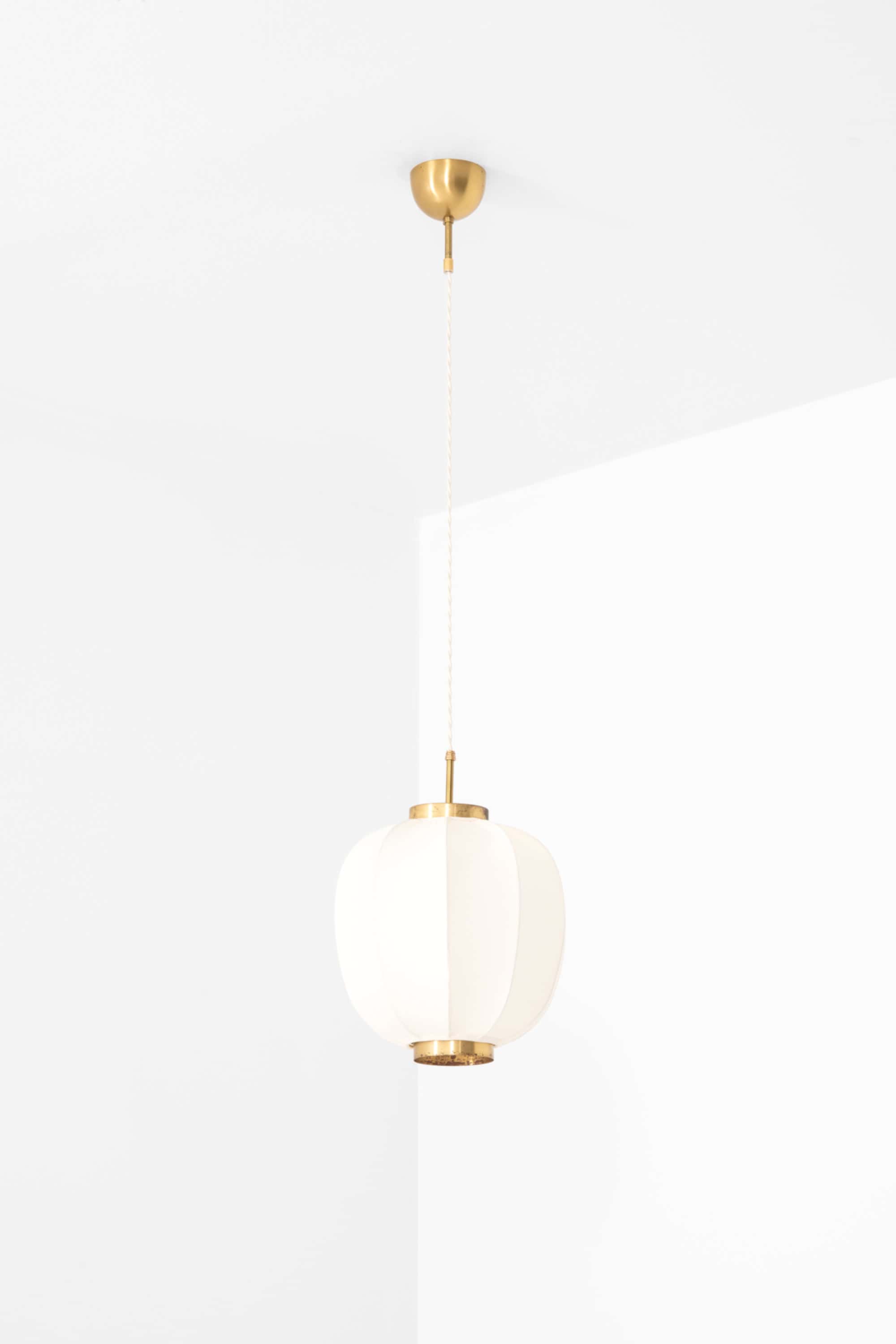
Josef Frank ceiling lamp
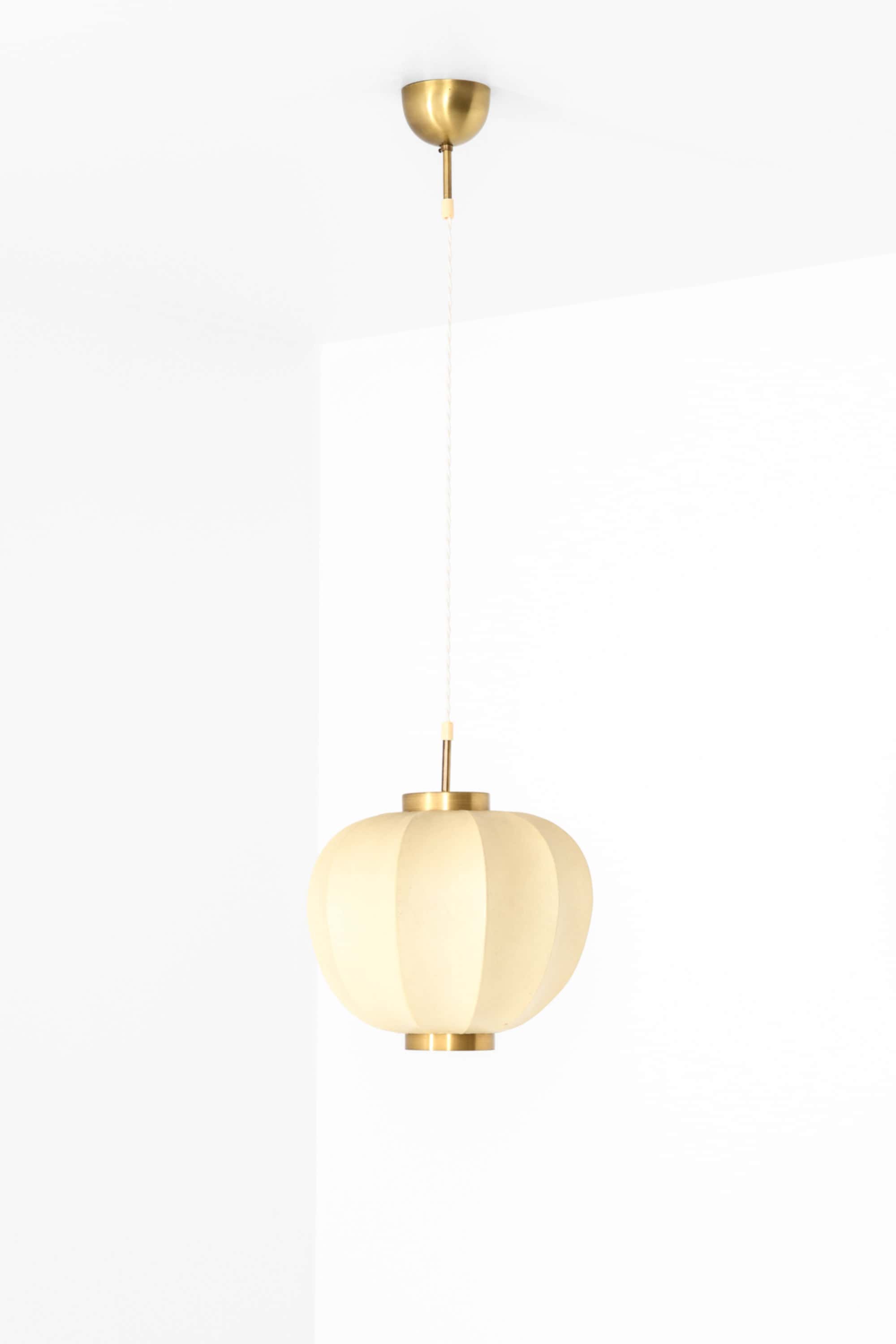
Josef Frank ceiling lamp
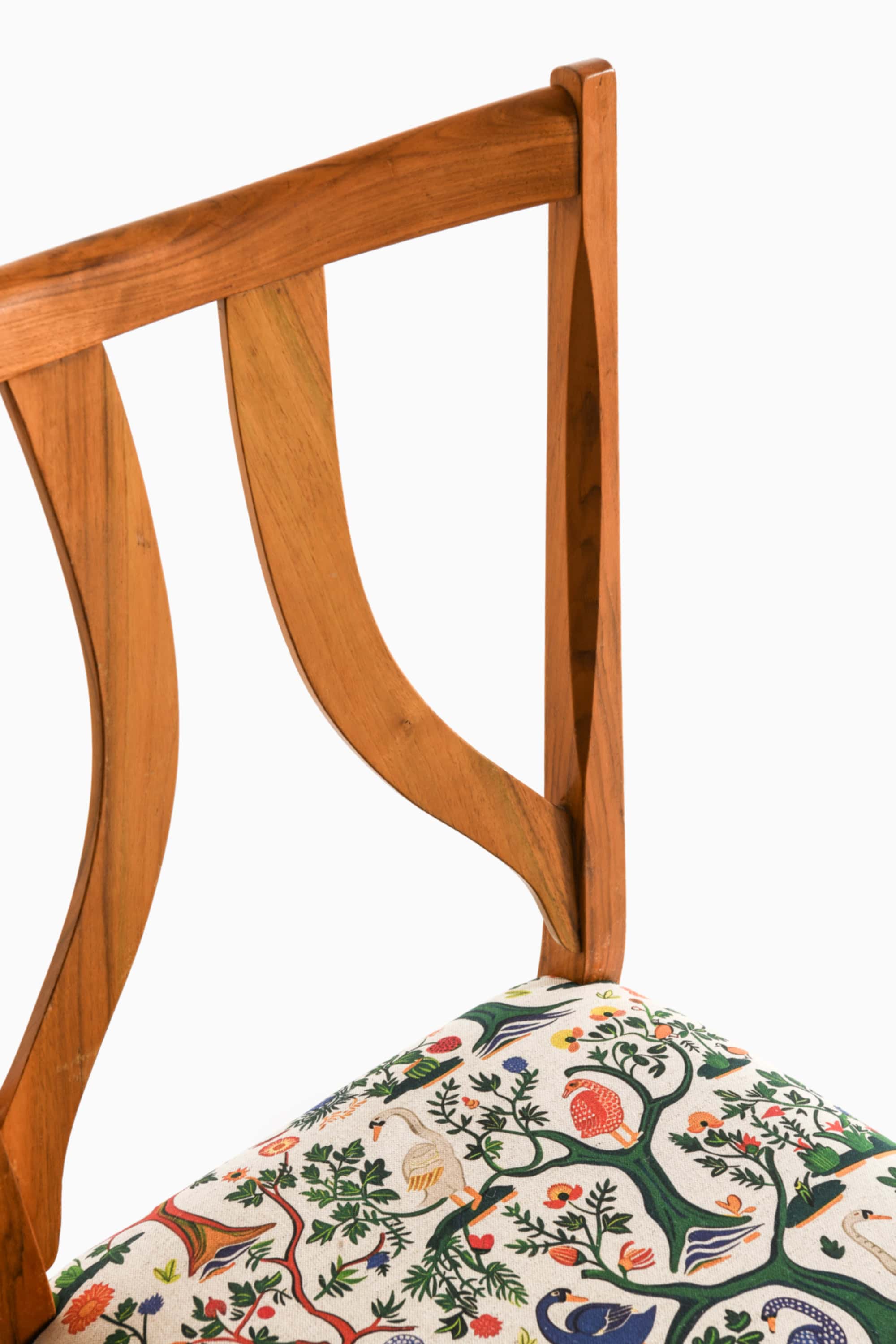
Josef Frank dining chairs
(6 PCS)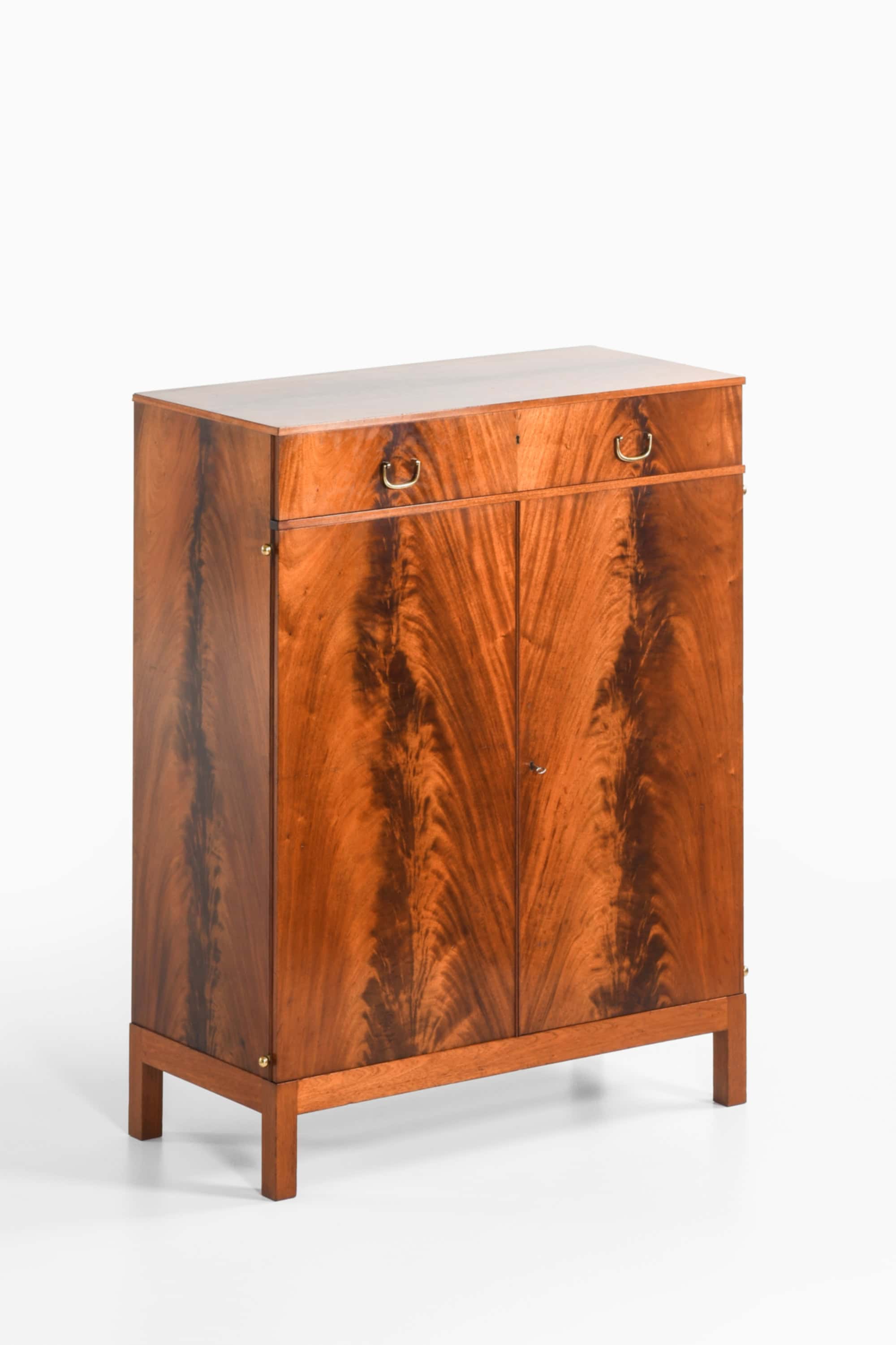
Josef Frank cabinet
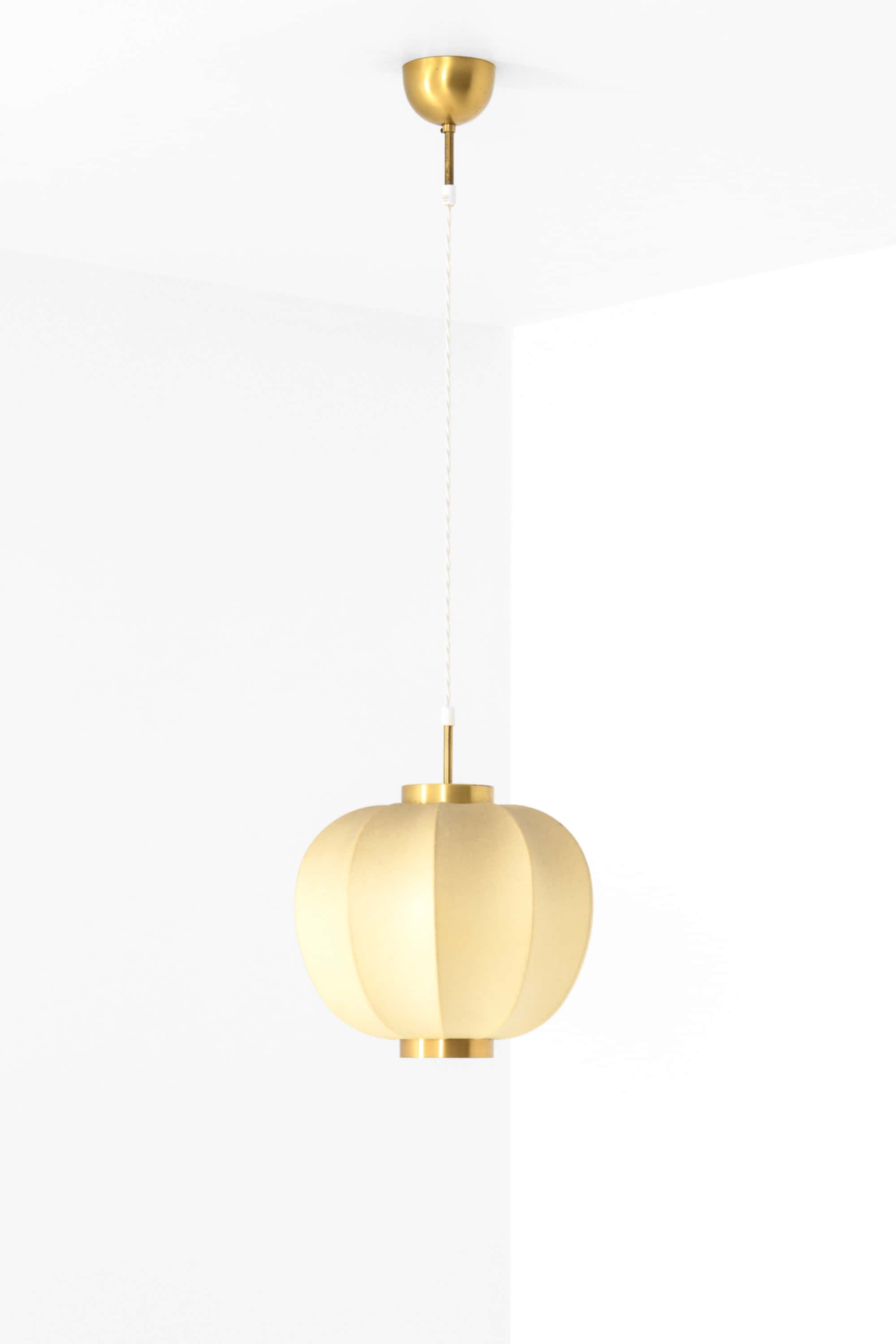
Josef Frank ceiling lamp
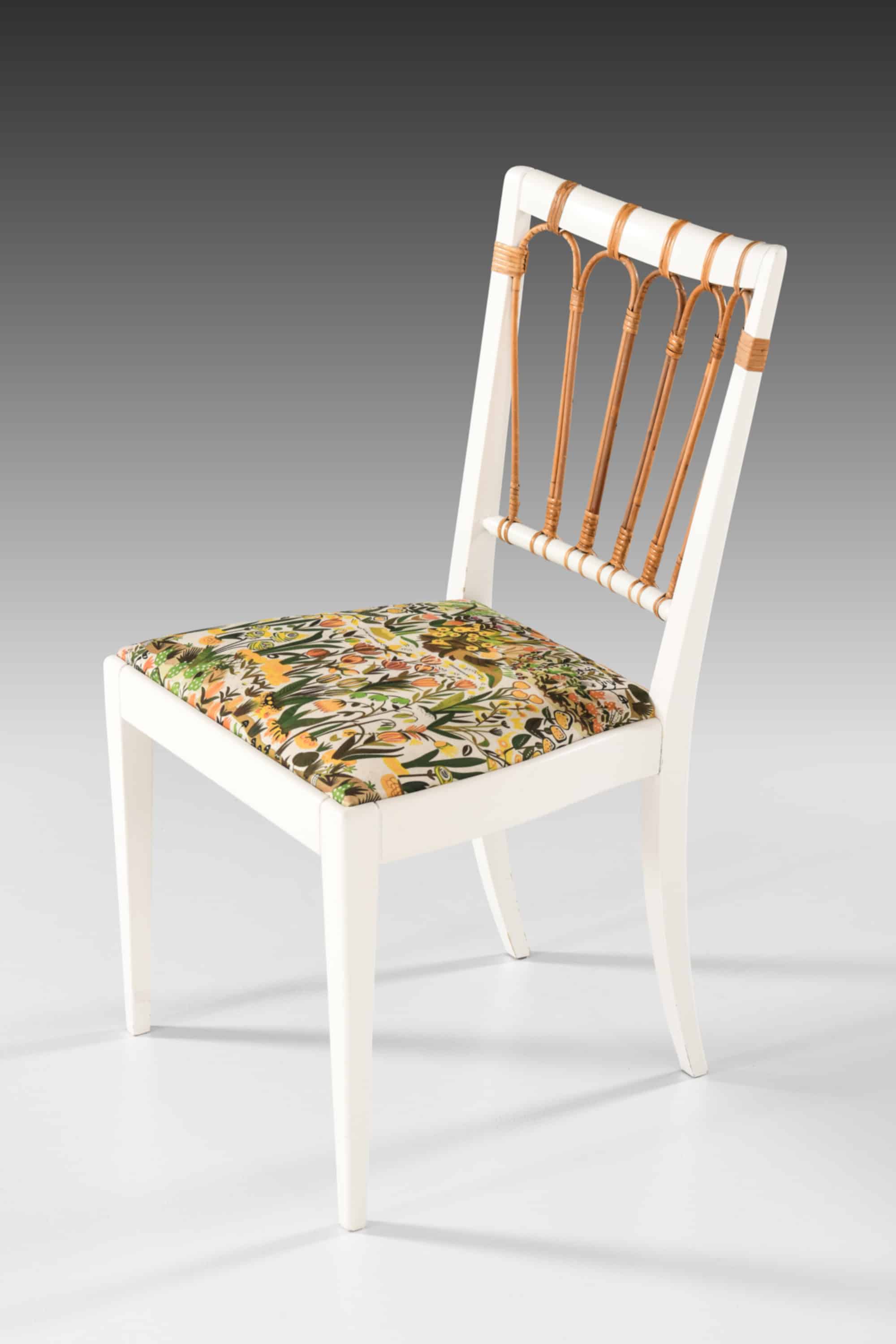
Josef Frank dining chairs
(10 PCS)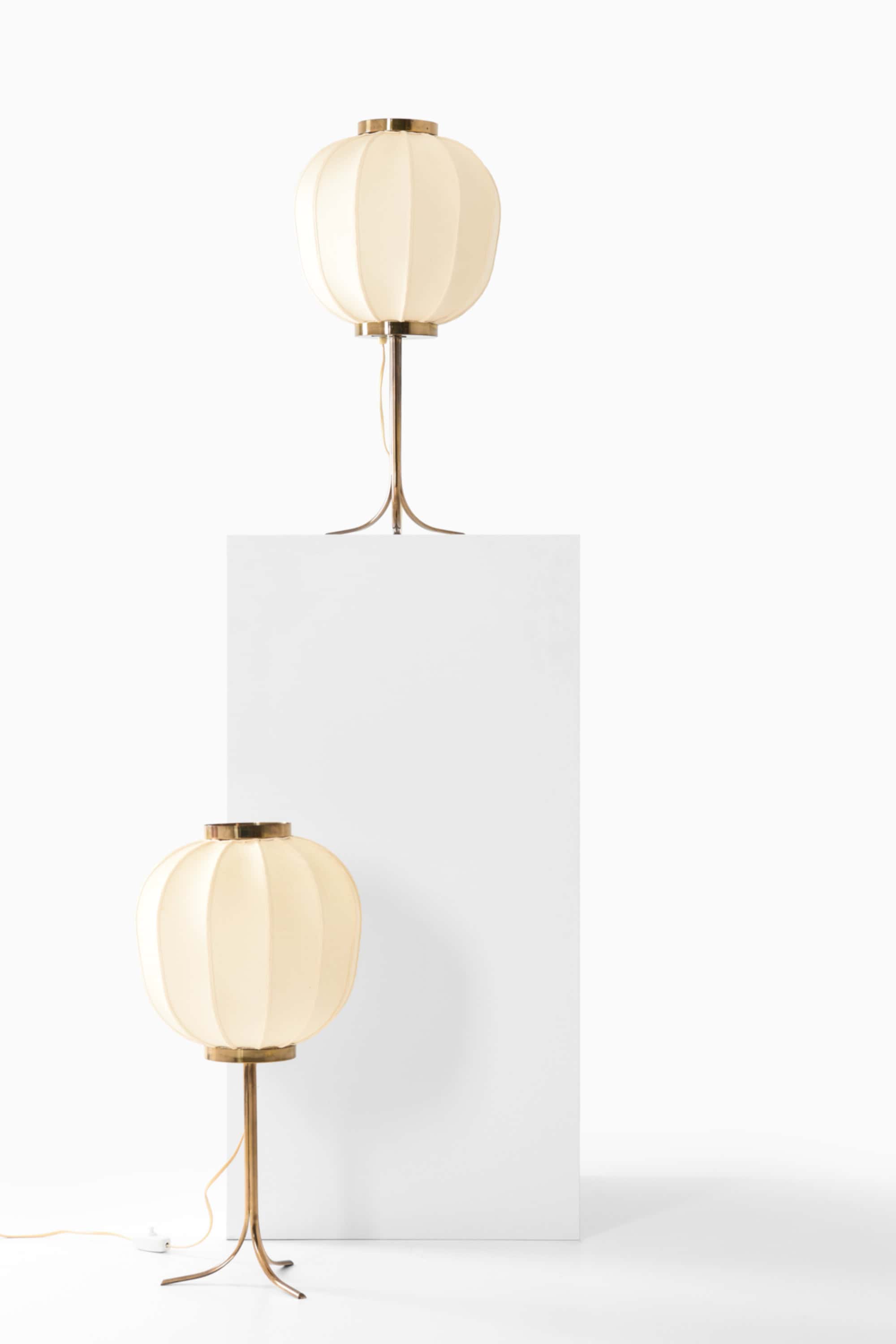
Josef Frank table lamps
(2 PCS)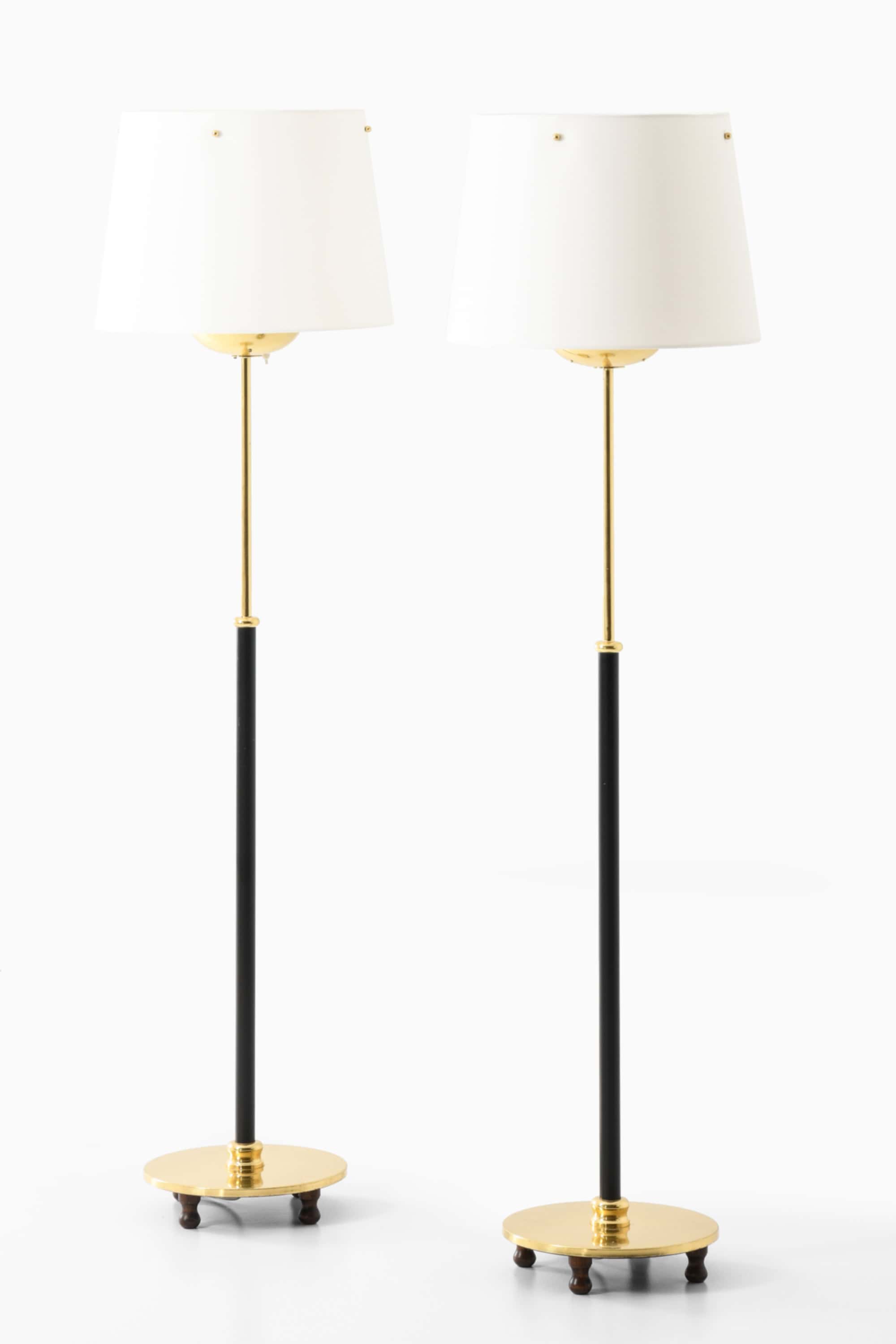
Josef Frank floor lamps
(2 PCS)
Josef Frank cabinet
